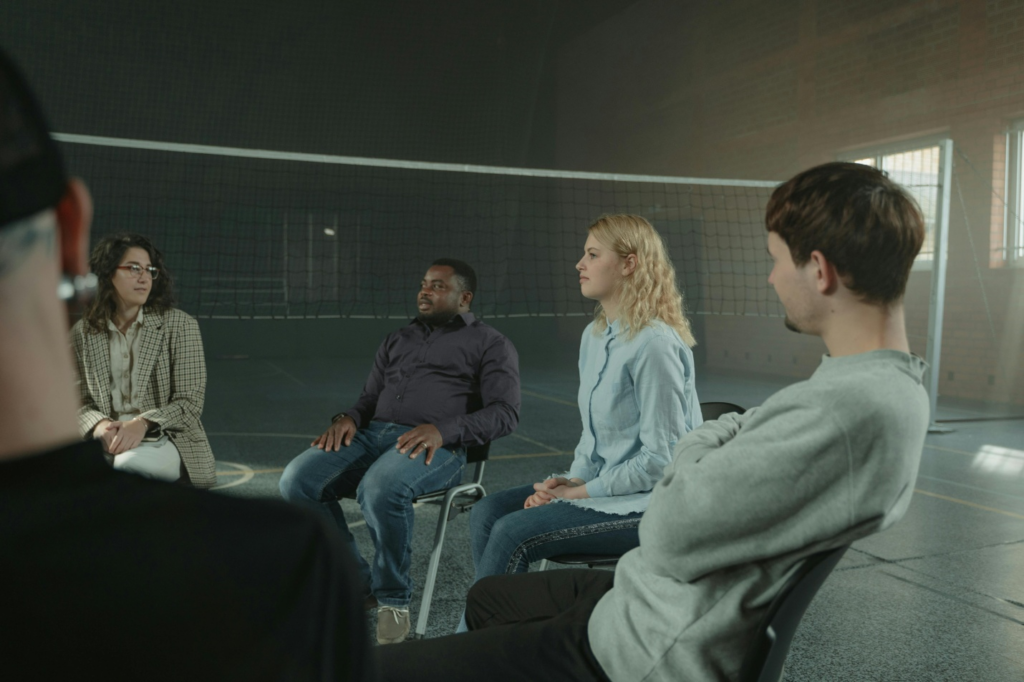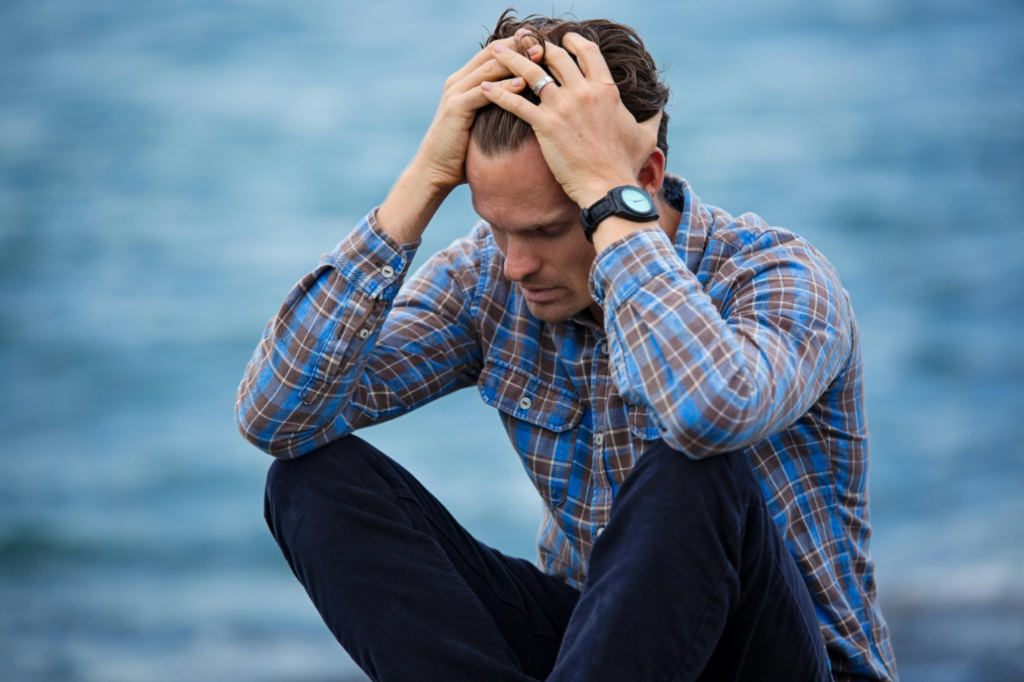In the journey of life, unexpected challenges can knock us off our feet. One such challenge that many of us may face at some point is an injury. Whether it’s a minor accident or a major trauma, an injury can disrupt our lives in profound ways. In these moments of vulnerability, finding support becomes crucial for healing and recovery.
According to the CDC, approximately 24.8 million people in the United States are injured each year, many of whom experience lasting emotional effects.
As personal injury lawyers based in Houston, Texas, we’ve witnessed firsthand the struggles individuals face after sustaining an injury. From navigating legal complexities to dealing with physical and emotional pain, the road to recovery can be daunting.
However, we’ve also seen the transformative power of community and the invaluable support it provides to those in need.
Here, we will discuss how you can navigate the challenges of an injury, the important role that building a support system plays in recovery, and some tips for connecting with support communities.
Navigating the Challenges of Injury
When an injury occurs, it’s not just the physical pain that one must endure. There are often financial burdens, emotional distress, and legal considerations that accompany the healing process.
- Physical pain and limitations can hinder daily activities, leading to feelings of frustration and helplessness.
- Financial strain from medical bills, lost wages, and rehabilitation expenses can add to the stress of recovery.
- Emotional distress, including anxiety, depression, and PTSD, is common among individuals dealing with the aftermath of an injury.
In such challenging times, having a strong support system can make all the difference in one’s journey toward healing. This is where the power of community comes into play.
The Importance of Building a Support System
A support system consists of friends, family, healthcare professionals, and other individuals who offer emotional, practical, and sometimes financial assistance during difficult times.
Here are some reasons why building a support system is essential after an injury:
- Emotional Support: Dealing with the aftermath of an injury can evoke a range of emotions, from fear and anger to sadness and frustration. Having a supportive network of people who listen, empathize, and offer encouragement can help alleviate feelings of isolation and despair.
- Practical Assistance:Injured individuals may need help with everyday tasks such as cooking, cleaning, and transportation. A strong support system can step in to provide practical assistance, ensuring that the injured person’s needs are met while they focus on their recovery.
- Information and Resources: Navigating the complexities of healthcare, insurance, and legal matters can be overwhelming for someone dealing with an injury. A supportive community can offer valuable information, resources, and referrals to ensure that the injured individual receives the assistance they need.
- Motivation and Accountability:Recovering from an injury often requires perseverance and determination. A supportive network can provide motivation, encouragement, and accountability, helping the injured person stay focused on their goals and progress.
Connecting with Support Groups and Communities
In today’s digital age, finding support has never been easier. There are numerous online and offline resources available for individuals dealing with injuries and their aftermath.
Here are some ways to connect with support groups and communities:
- Online Forums and Social Media Groups:Platforms like Reddit, Facebook, and Instagram host a variety of support groups for individuals dealing with specific types of injuries. Joining these groups allows individuals to connect with others who are facing similar challenges, share experiences, and offer support.
- Local Community Centers:Many cities and towns have community centers that offer support groups, workshops, and activities for individuals dealing with injuries and disabilities. These centers provide a safe and welcoming space for people to connect, learn, and heal together.
- Healthcare Providers:Hospitals, clinics, and rehabilitation centers often offer support groups and counseling services for patients recovering from injuries. Healthcare providers can also refer individuals to other resources and organizations that can provide additional support.
- Online Directories and Websites:There are numerous online directories and websites that provide information about support groups, resources, and services for individuals dealing with injuries. These platforms allow individuals to search for specific types of support and connect with relevant organizations in their area.
Building a Stronger Community

In times of adversity, the strength of the community shines brightest. By reaching out, connecting with others, and building a support system, individuals can find comfort, encouragement, and hope in the face of injury.
As personal injury lawyers in Houston, we understand the importance of community support in the recovery process. If you or a loved one has been injured, remember that you are not alone.
Reach out to your friends, family, and local resources for assistance, and remember that help is always available.
Contact Daniel Ogbeide Law today for compassionate legal representation and support after an injury. Our team is dedicated to helping injured individuals navigate the complexities of personal injury law and receive the compensation they deserve. Let us be your advocate in your journey toward recovery.

